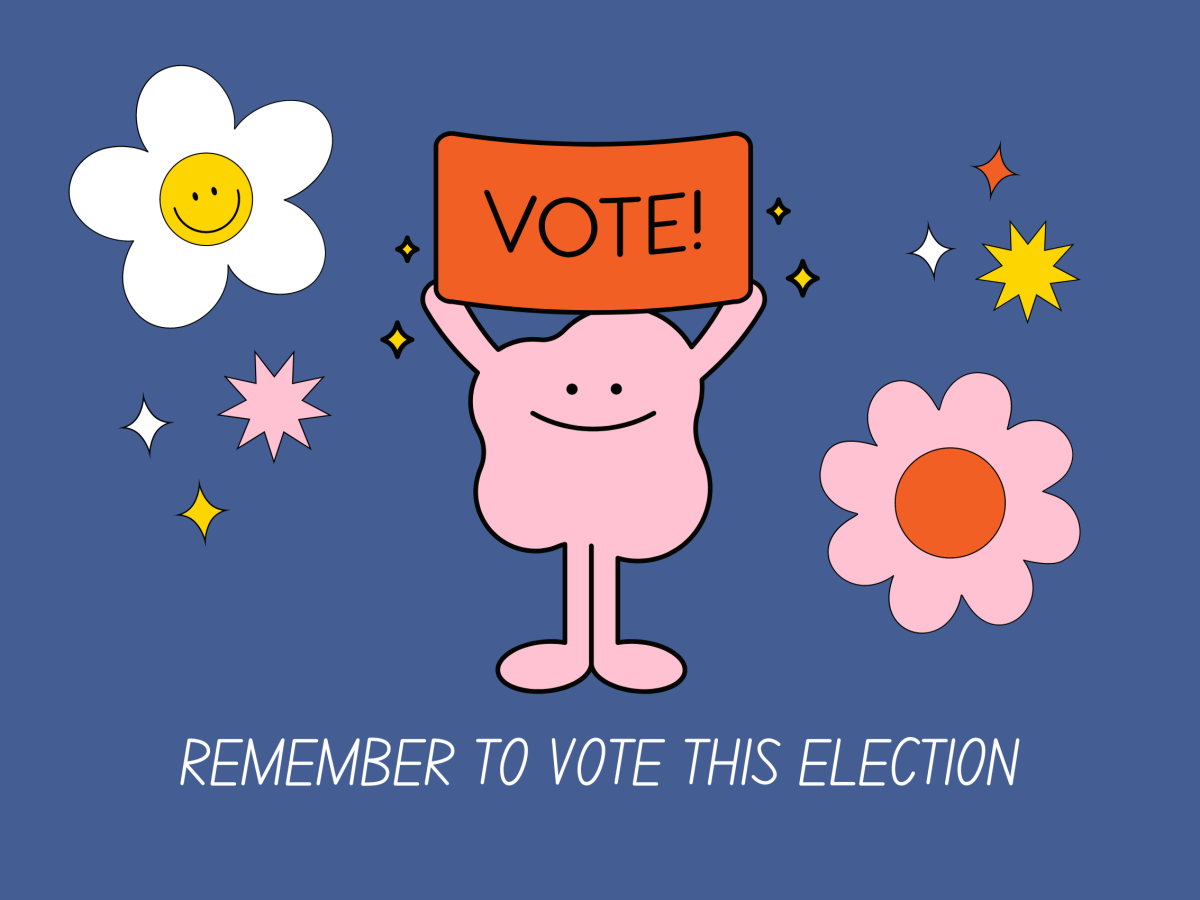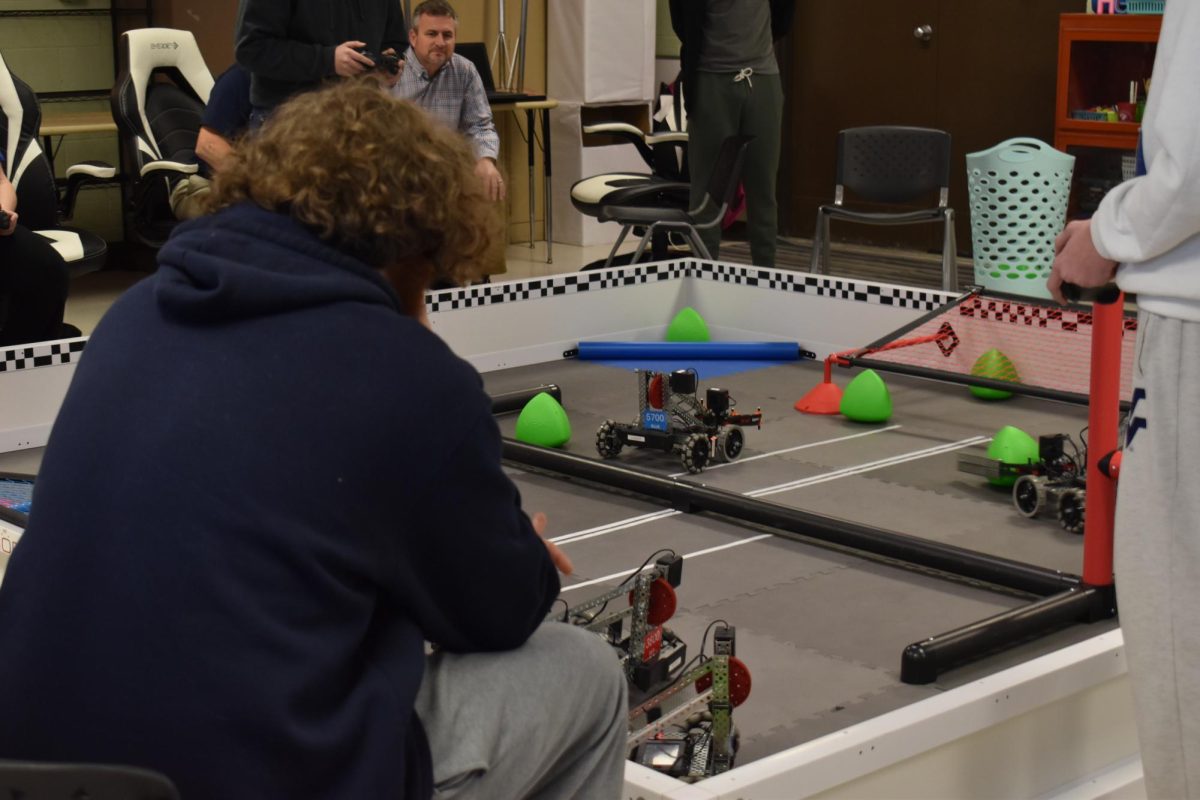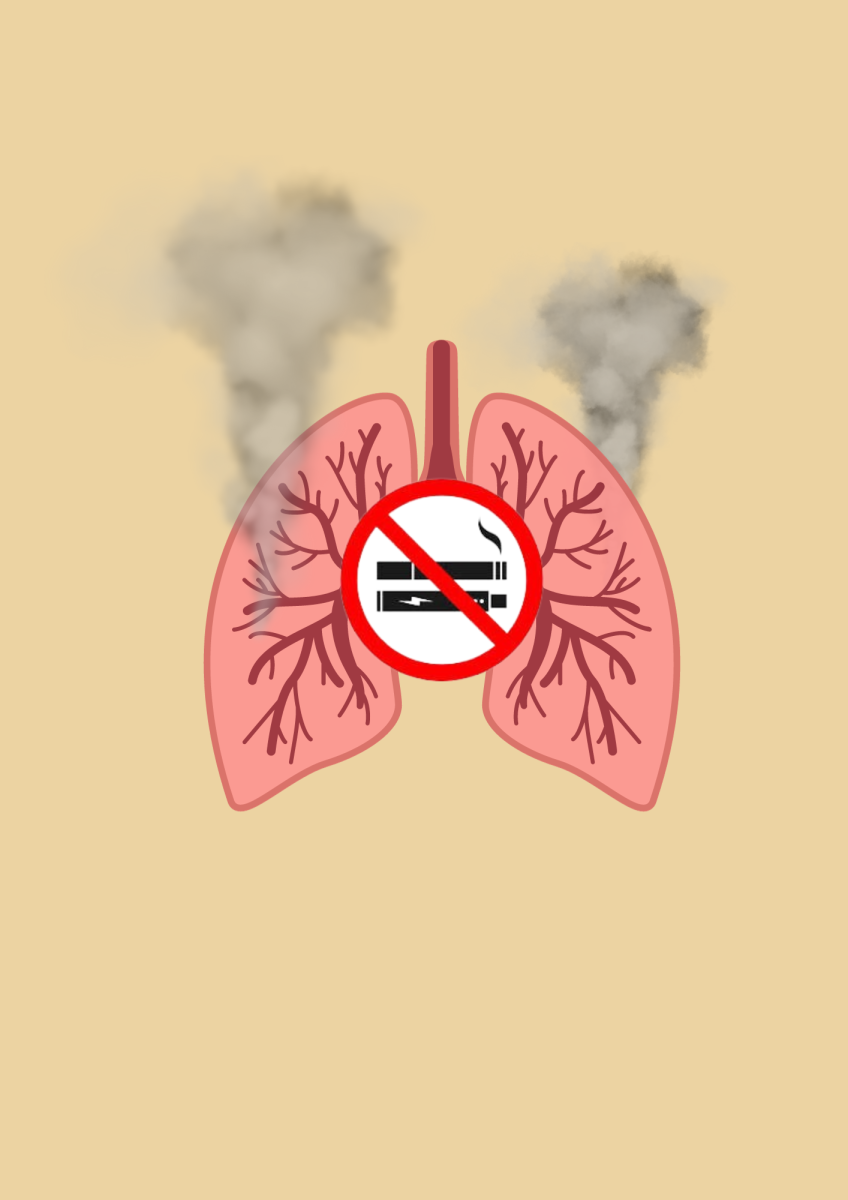School punishment has come a long way over the years. In the past, school punishment often relied on strict disciplinary measures. Students who misbehaved were subjected to physical punishments such as being hit with rulers or paddles. Detention and suspension were also common, with little emphasis on understanding the root causes of the behavior.
As society recognized the need for a more compassionate and rehabilitative approach, the focus on school punishment began to shift. Schools have changed a lot over the centuries, and one thing that hasn‘t really changed is new ways to punish students. It‘s really been the same three things: suspension, detention, and expulsion. However, school administrators would like to explore more options.
“If I could change one thing about school discipline it would be more options for consequences.” Mr. Currence said.
In Elkins High School there are four basic options: lunch detention, out-of-school suspension, parental contact, and expulsion.
Schools haven’t came up with new methods of punishing students. Finding ethical and effective punishments that work for all students is difficult. Finding the root of the problem is the best way to solve it. Schools can find a solution to stop the problem before it starts, bettering students and teaching them life skills. Everyone wins. School discipline is necessary the well-being for all students.
“For every child to come in this building and be safe while they‘re here.” Mr. Currence said.














